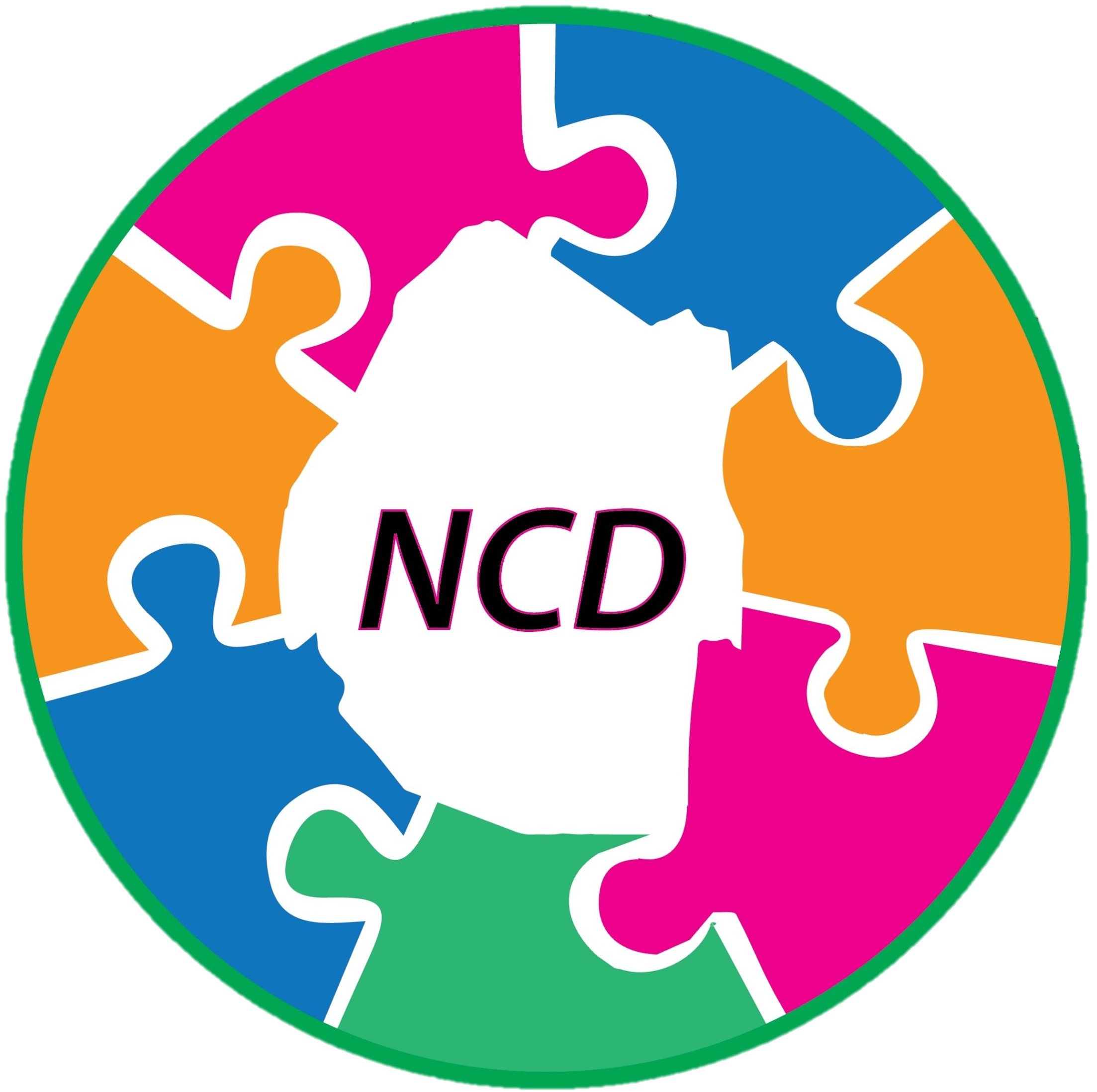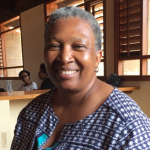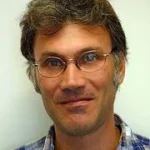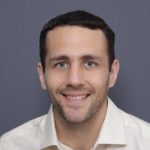Consortium
The consortium comprises nine major institutions, which focus on intervention testing, designs, and implementation science within the health sector of low and middle income countries. Together they bring a wealth of experience and expertise about the health sectors of the African region. Within the consortium are four partners (UKHD, CHAI, UneSwa, and AIGHD) who successfully worked together on health systems research in eSwatini, namely the Lubombo feasibility pilot of WHO-PEN (CHAI, UKHD, UneSwa), the ASSIST mixed-methods CHW evaluation (UKHD, UneSwa), and the MaxART Early Access to Antiretroviral Therapy pragmatic randomised trial (UKHD, CHAI, AIGHD, UneSwa). Five new partners have been brought into this consortium (Swiss TPH, UGOE, NIPH, DiaSwa, and EBH). Swiss TPH was added to this consortium for its wide-ranging expertise in applied health economics research in sub-Saharan Africa, including economic evaluations of complex health system interventions at scale (e.g., as part of the Perform2Scale project). UGOE has one of the world’s leading academic research teams on ICT, which has paired up with UGOE’s chair of development economics to jointly add their subject and geographic expertise to develop and test approaches to improve diabetes and hypertension-related counselling by health workers.
NIPH is a key addition to the consortium because it both has a strong programme of work in the area of global health and is the base for the Cochrane Effective Practice and Organisation of Care (EPOC) Group’s satellite focusing on health systems reviews for low- and middle-income settings. NIPH staff are considered world leaders in the area of methods for systematic reviews on health systems questions, including reviews of the effectiveness of health systems interventions in addition to qualitative evidence syntheses on how these interventions work. NIPH has also led work to develop tools to support the use of research evidence in health systems decisions in low-income and other settings, including through evidence-to-decision frameworks and evidence-informed policy briefs. NIPH was thus a natural fit to ensure both that the consortium’s research activities are at the cutting edge of global health systems implementation research and that the WHO-PEN@Scale project’s findings are not disseminated in isolation, but as part of the whole body of evidence on primary health system strengthening for diabetes and hypertension in low-resource settings.
DiaSwa and EBH are two further key additions to the consortium who ensure that not only the implementation of WHO-PEN (led by the Swazi Ministry of Health) but also the accompanying science (i.e., the WHO-PEN@Scale project) has strong local ownership. As eSwatini’s official branch of the International Diabetes Federation and diabetes patient advocacy group, DiaSwa has the ability to consult diabetes and hypertension patients in eSwatini to ensure that questionnaire questions are locally relevant and understood as intended, and that counselling messages are contextually appropriate. EBH is key to scaling up diabetes and hypertension screening in eSwatini’s medium and large-sized companies as part of the WHO-PEN scale-up, and for using its business expertise to develop an open-source toolkit for policy makers, CHW programme managers, and business leaders.
Members of the consortium have extensive experience with leading multi-partner health system research projects as well as individual work packages, including across multiple continents (such as the HAALSI Study [US National Institutes of Health P01 AG041710] (over 40 organizations and affiliated partners including the INDEPTH Network), the ARISE Network (over 10 organizations and research sites), RECOVER-E [Horizon2020 ID: 779362] (15 organizations), as well as the ASSIST Project CHW Project in eSwatini (5 organizations). The consortium has a wide range of expertise in the disciplines needed to carry out the WHO-PEN@Scale project. UKHD, which includes the world’s experts in implementation science and intervention design and testing, is the ideal institution to coordinate this consortium. Both CHAI and UneSwa have a long-term presence in eSwatini and have collaborated closely with the Swazi Ministry of Health for over a decade. They are, therefore, well-positioned to ensure that WHO-PEN@Scale and the government’s activities and priorities remain closely aligned throughout the project period. Apart from their technical expertise, CHAI and UNESWA add valuable knowledge of the local health system and socio-cultural context
UKHD’s particular comparative strengths in this consortium are its wide range of expertise needed for this project, and its long-standing experience in randomised health systems implementation trials, including in sub-Saharan Africa. Swiss TPH contribute expertise in health economics as well as health systems, management strengthening, and human resources. AIGHD adds in-depth knowledge and experience in anthropological (ethnographic) and mixed-methods research methods, which it has applied over the years in several complex projects in eSwatini. AIGHD also has extensive experience in conducting gender analysis and participatory research and brings this expertise to the consortium. In addition to its special strength in information and communication technology, UGOE also contributes methodological expertise in impact evaluation and cost-effectiveness analysis, as well as thematic expertise in health economics and health systems through its chair for development economics. As detailed above, NIPH contributea world-leading expertise in the area of evidence synthesis for health system questions in low-and middle-income countries, and effective dissemination of trial and systematic review results to regional and international policy makers. Apart from their on-the-ground experience and local expertise, CHAI contributes its strengths in project management, capacity building, and impact evaluations of health systems projects in sub-Saharan Africa, and UneSwa its expertise in qualitative, mixed-methods, and political economic research. DiaSwa and EBH’s comparative advantages are not their methodological skills but rather their knowledge of the local context and the power of community engagement, which is indispensable for this project.
In addition to the individual skills and experience brought to the research, each partner has a strong commitment to collaborative research. This consortium builds on existing collaborations, including previous projects funded by the European Commission (EC) or EC Member States.














